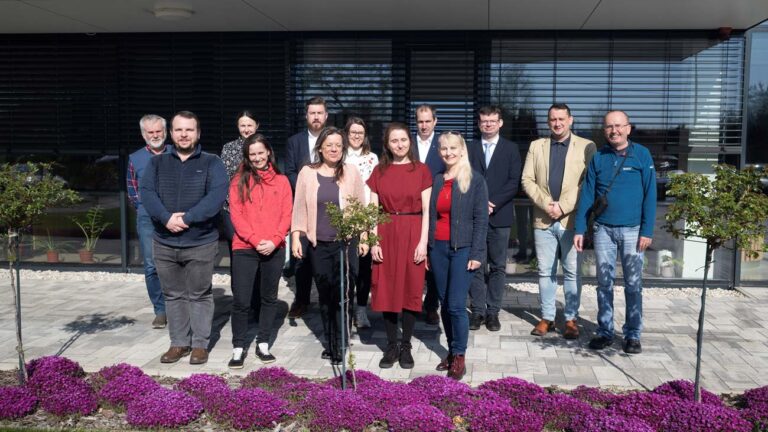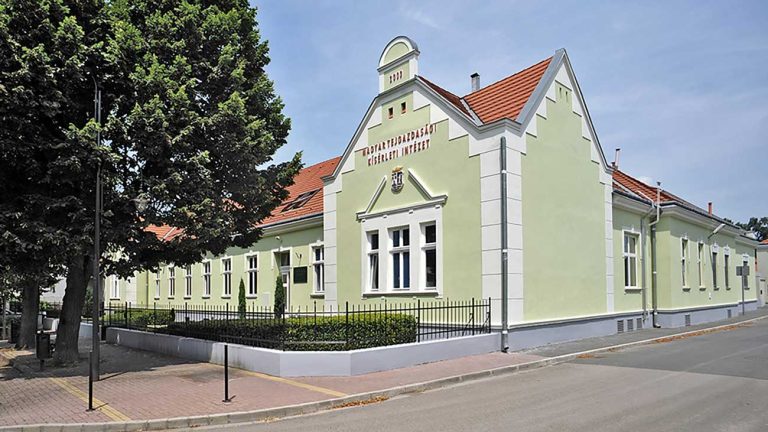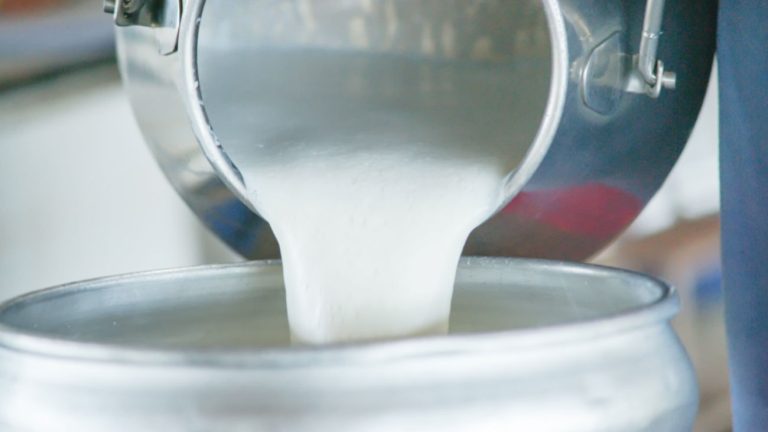Today, there is growing interest for the so-called “A2 dairy products”, both from dairy farmers and consumers. The price of A2 milk and dairy products, which appear on supermarket shelves as alternative products, can be several times higher than the price of ‘conventional milk’, and this is encouraging many dairy farms to genetically select for A2 milk.
A2 milk is derived from cattle homozygous for β-casein (β-CN) status, with “A2A2” genetic trait. β-casein in cow’s milk is a casein protein consisting of 209 amino acids, with a concentration of 9-11 g/l. β-casein is characterised by a so-called genetic polymorphism, whereby the substitution and/or deletion of one or more amino acids in the protein chain results in protein variants with different properties (Creamer and Macgibbon 1996, Bobe et al. In β-casein, 13 different genetic variants (A1, A2, A3, A4, B, C, F, G, E, D, H1, H2, I) have been identified to date, of which A1 and A2 are the most common in dairy cows, and C and B less frequently. The percentage distribution of the β-CN genetic variants in the domestic dairy cattle population is currently not available.
Research suggests that the original β-CN variant in the Bos genus was A2, but a natural mutation (single nucleonide polymorphism, SNP) thousands of years ago has led to the appearance of the A1 form in some European cattle.
The mutation causes β-CN A1 and A2 to differ by only one amino acid. While β-CN A2 has proline at amino acid position 67, A1 has histidine.
During the digestion of the β-CN A1 variant, amino acid substitution results in the formation of a 7 amino acid long peptide fragment, β-casomorphin-7 (BCM-7) (Bell et al. 2006). BCM-7 peptide has been linked by several studies to certain digestive problems, lactose sensitivity, type 1 diabetes, and certain heart diseases. In contrast, a landmark study published by the European Food Safety Authority (EFSA) in 2009 found that there is no evidence of a causal link between BCM-7 production and potential adverse health effects.
Although the presumed positive and/or negative effects of A2 milk and/or A1 milk have not yet been proven, A2 milk and dairy products (e.g. milk, milk powder, yoghurt, cheese, infant formula) are already promoted and marketed worldwide (New Zealand, Australia, China, USA, Brazil, Italy, Germany, Netherlands, Austria).
Mayer and colleagues (2021), investigating the β-casein status of commercially available A2 (A-two Milch branded) consumer milks from Austria, concluded that four out of five products were adulterated, as in these products, in addition to the β-CN A2 form, the β-CN A1 form was also present. This shows that the quality assurance of A2 milk and dairy products cannot end with genetic selection, as it is necessary to verify the genetic status of β-CN in the whole food chain.
The Hungarian Dairy Research Institute has developed a proprietary protein-based High Performance Liquid Chromatography (HPLC) assay method for the analysis of casein and whey protein fractions of milk, including the determination of their genetic variants (β-CN A1 and A2 milks) with low detection limits.
In addition to the developed HPLC method, MTKI is also focusing on the development of PCR assays based on DNA analysis of milk and milk products, which allow presence/absence detection for the targeted differentiation of genetic variants of individual milk proteins.
Henrietta Buzas
research fellow






